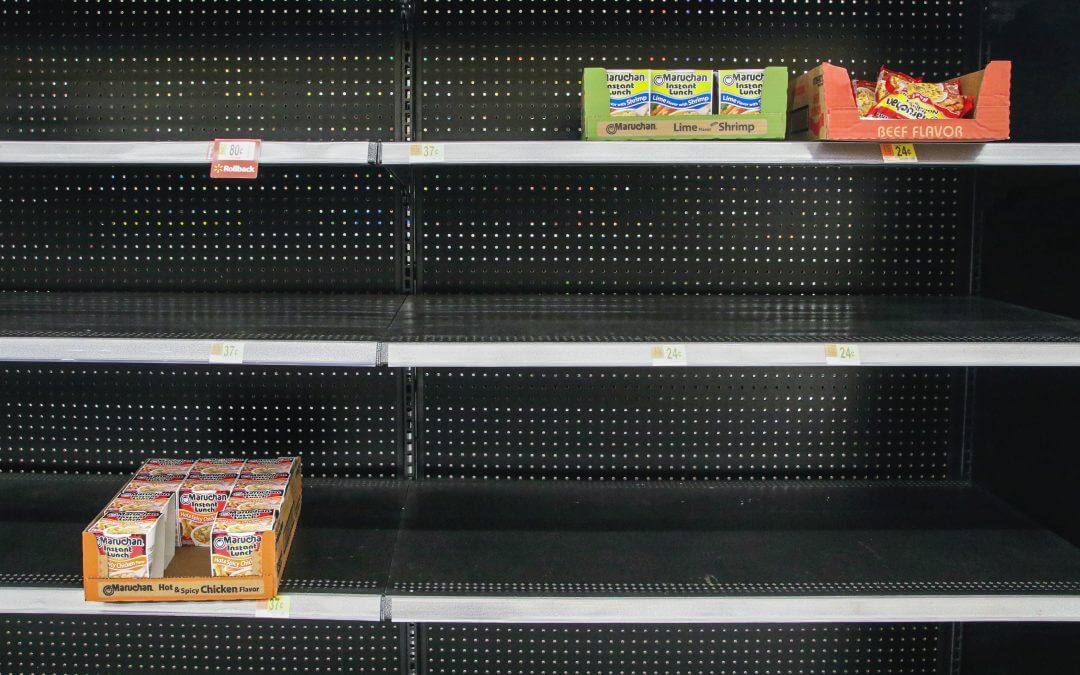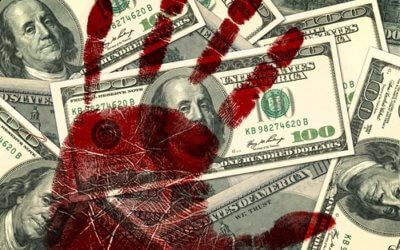The accelerating increase in new Covid-19 cases is slowing the pace of the U.S. economy’s recovery from the pandemic. According to Bloomberg economist, Eliza Winger, “Most high-frequency indicators have shown signs of moderation. Consumers’ income and spending benefited from fiscal support and reopening efforts, both under renewed strains. The uncertainty was likely behind the latest deterioration in consumer sentiment, a key to the economic outlook.”
So, where do we stand?
- Recent data shows that credit card spending has stalled.
- OpenTable is showing a slowdown in restaurant reservations.
- Initial jobless claims declined by the most in a month to 1.31 million in the week ended July 4, but they’re still double the highest level registered during the last recession. Furthermore, as states walk back their openings, these numbers are expected to increase.
- A surge of layoffs are coming as company announce large layoffs to deal with COVID, e.g. American Airlines – 25,000; United Airlines – 36,000; Walgreens – 4,000; Macy’s – 3,900; AT&T – 3,500; Hilton Hotels – 2,200; Chevron – 5,000; Boeing – 7,000; Uber – 3,700; Virgin Atlantic – 3,100; Wells Fargo – haven’t said but I am sure will exceed 20,000. This short list accounts for over 110,000, so the numbers will be large.
- While many mortgage holders are refinancing to take advantage of the low rates, one in 10 households with a mortgage failed to make their last payment, and 16% of respondents in a U.S. Census survey said they fear they can’t cover the next one.
- Federal Reserve Bank of Dallas President Robert Kaplan said that rising hospitalizations and death rates are having a “chilling effect on economic growth.”
- With the eviction moratorium ending, the eviction of 20MM renters this month is possible. However, this has several ramifications, where will these people live and who will replace them as so many people would rent can’t make payments. Thus landlords will experience pain.
- The $600 additional unemployment payments are ending.
- The PPP program is about to end and those that took PPP funds have mostly spent them.
- M&A volume is falling.
Thus, my take is that this is far from over. While I would argue that we are not in a second wave of the virus as we never exited the first, we are in an inverse square root recovery, but we could quickly move into a “W” recovery.
The key will be what will Congress do. The parties are wide apart at the moment, and to add to the problems, the Administration is pushing for a payroll tax cut (dubious effect), refusal to fund state COVID testing and tracking, and blocking billions of dollars that would go toward bolstering the Centers for Disease Control and Prevention, the Pentagon and the State Department to combat the pandemic. Somehow they haven’t yet accepted that this is a public health crisis and until that is solved, the economic crisis cannot be dealt with.
So, keep cash on hand and watch receivables and all leading indicators. It is going to be a rough second half, folks!
Recent Posts
Align and Thrive: The Importance of Organizational Alignment and Agility
Discover the importance of organizational alignment and agility in this blog post. Learn how establishing a strong CORE and building a strategy around it can lead to sustainable growth and success. Find out how alignment and agility empower your organization to thrive in an ever-changing business landscape.
How to Achieve Smart Time Management: 10 Tips for Busy Professionals
When you are a busy professional running your own business, it can often feel like there aren’t enough hours in the day to accomplish everything. Being strategic with your time is the best (and possibly the only) way to achieve all of your daily tasks. If you are...
5 Strategic Leadership Skills Every Manager Needs
So often, people view leadership as a talent: you’re either born with this quality or you’re not. However, this is not always the case! In reality, good leadership is made up of skills, and anyone can learn how to improve. Some people may pick up leadership attributes...
How the Sellability Score is Calculated: The Ultimate Guide
Do you have questions about how to calculate your business’s sellability score? Whether you’re looking to sell your business in the near future or years from now, understanding your sellability score will help you thrive. The sellability score identifies the...
The Top 5 Benefits of the Entrepreneurial Operating System
As an entrepreneur running your own business, you know there are bumps in the road and struggles that both you and your business will face over time. However, with the right people and tools at your disposal, you can anticipate what’s coming, plan for it, and continue...
5 Ways to Use Email Automation to Boost Traffic
Every single business in the world wants to evolve and grow. This will happen using a variety of techniques and strategies. In 2022, digital marketing is more than a household name, and most companies will adopt at least a few ideas when long-term planning and coming...
6 Questions To Ask A Potential Business Coach Before Hiring Them
Many entrepreneurs consider executive business coaching when they start struggling on their professional path. A small business coach is an experienced professional mentor who educates, supports, and motivates entrepreneurs. They will listen to your concerns, assess...
3 Ways Proper Long Term Strategic Planning Helps Your Business
Dreams turn into goals when they have a foundation of long-term strategic planning supporting them. They become reality when the ensuing strategic implementation plan is executed properly. With Kaizen Solutions as their strategic planning consultant, small and...
What is a Peer Group, and How Can it Improve Your Career?
If you are a CEO or key executive who has come to a crossroads or crisis in your career, you'll gain valuable insights and solutions from a peer group connection more than anywhere else. But what is a peer group, and how can that statement be made with so much...
Profit and Revenue are Lousy Core Values
As I mentioned last week, I am down with COVID and tired, so spending more time reading rather than working. I read Bill Browder's Freezing Order this weekend, and I highly recommend it. However, at the end of the book, Browder says that oligarchs, autocrats, and...










